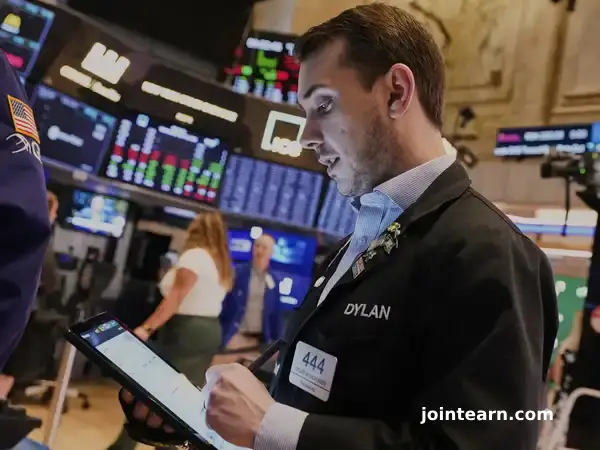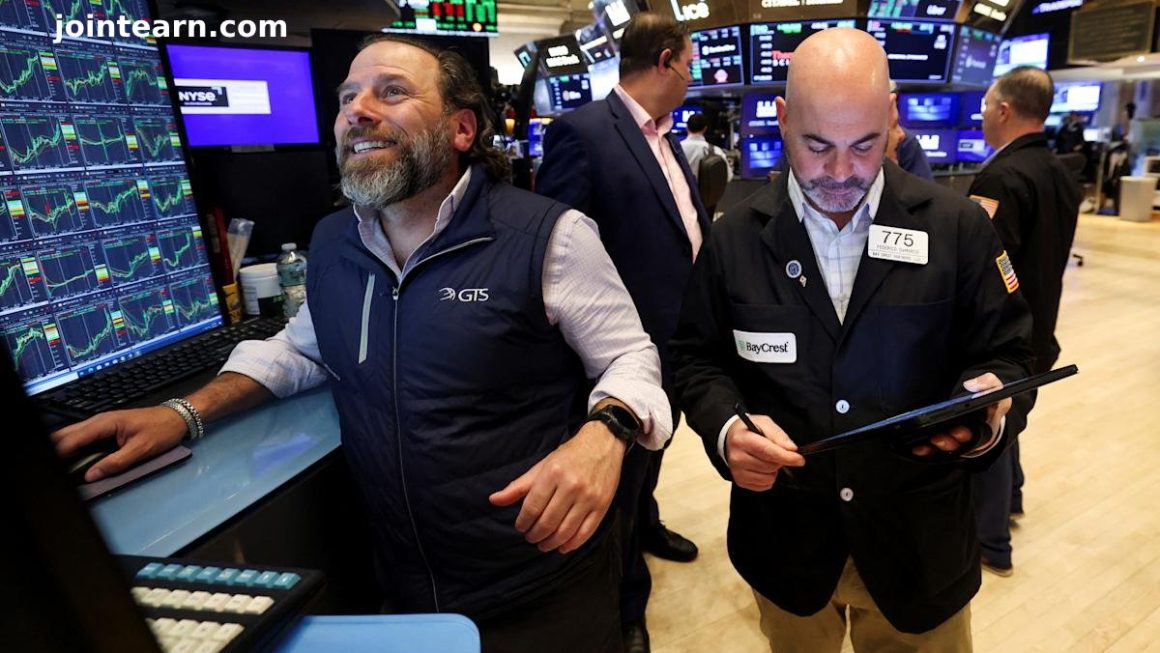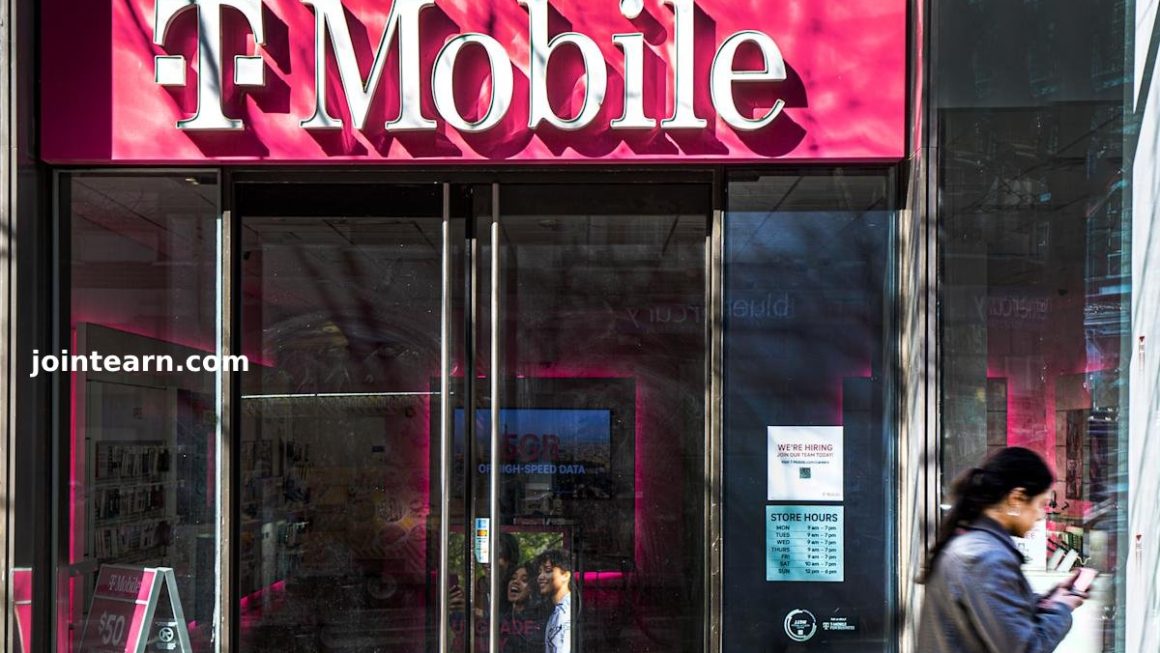Big Tech stocks rallied for a second consecutive day, adding a staggering $455 billion in market value on Wednesday. This surge came after President Donald Trump and Treasury Secretary Scott Bessent indicated a possible easing of tensions in the ongoing US-China trade war, sending strong bullish signals to investors.
Leading the gains was Tesla (TSLA), up more than 5% following CEO Elon Musk’s announcement that he would reduce his involvement with the Trump administration. The tech market rally extended to Nvidia (NVDA), Meta (META), and Amazon (AMZN), each climbing around 4%. Apple (AAPL), Google (GOOG), and Microsoft (MSFT) also saw notable gains, each rising approximately 2%.
The rally was sparked by Trump’s softened rhetoric on trade with China. During a White House press conference, he declared the current 145% tariffs on Chinese imports “too high” and promised they “will come down substantially,” signaling a shift from his previously aggressive stance.
Meanwhile, Bessent echoed these sentiments during a private event in Washington, later confirming publicly that the US-China trade war is unsustainable, although he denied that the administration would unilaterally remove tariffs.
The market momentum follows significant losses from earlier this month when Trump first announced the steep reciprocal tariffs. Since Monday’s market close, the collective value of the “Magnificent Seven” tech giants has rebounded by roughly $843 billion, recovering part of the $1.8 trillion shed since the April 2 tariff announcement.
The potential rollback of tariffs is a positive development for technology companies reliant on China. For instance, 90% of Apple iPhones are manufactured in China, and the country contributed 17% of Apple’s 2024 revenue, according to Wedbush analyst Dan Ives.
Tesla, which missed Wall Street expectations in its Q1 earnings report, also depends heavily on Chinese suppliers for parts and batteries. Analysts warn that continued tariff pressure could worsen Tesla’s competitive standing in China against domestic EV leader BYD.
Amazon’s dependence on China is also significant, with 30% of the goods sold on the platform sourced from the country. Moreover, Chinese advertisers were responsible for 14% of Amazon’s ad revenue in 2024, per a report from Raymond James. Chinese ad spend also makes up 11% for Meta and 6% for Google, indicating broader exposure.
Nvidia’s customer base is also heavily tied to China. Analyst Gil Luria of DA Davidson estimates that 20% to 40% of Nvidia’s end users are in China, though exact figures are unclear due to opaque revenue reporting.
Despite the recent rally, risks remain. While a short-term tariff exemption on electronics helped lift Big Tech shares last week, Trump officials have warned this reprieve is temporary. The administration still plans to extend tariffs to semiconductors and electronics, posing a renewed threat to companies like Nvidia and AMD.
Further pressure came as the US government implemented export bans on chips from Nvidia and AMD last week, sending their stocks into a temporary slide.
As market volatility continues, investors are watching closely for further developments in US-China trade relations, particularly their impact on Big Tech stocks and global supply chains.












